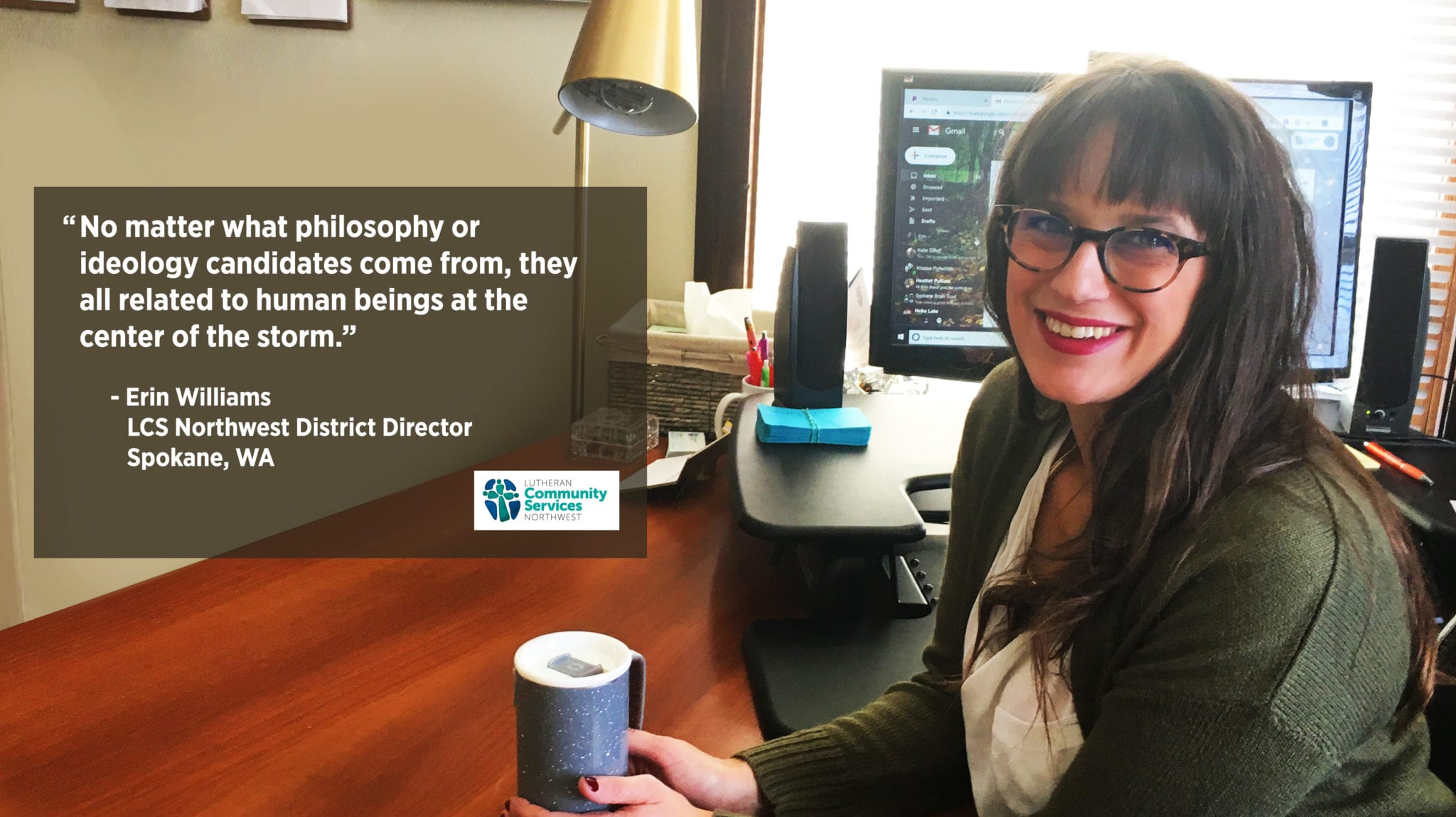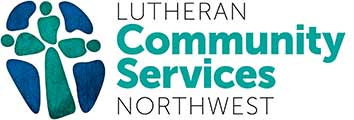Candidate Visits: Message of Hope

By Erin Williams, District Director
(Editor’s note: Erin Williams leads our work in Spokane. Prior to that, she was our Director of Victim Advocacy in Spokane.)
We don’t endorse candidates up for election, but they can learn about us and we can learn from them.
With that in mind, I invited candidates for local, state and federal offices to visit us and with me in our Spokane office. With the election looming, I figured it would be the best chance to get them in our building. Eight candidates have visited so far, and one even brought reporters with her.
The invitation was extended because the people who we serve deserve to have their stories told to people making policy decisions. Those decisions can have a heavy impact on our clients. We want candidates to be aware of that impact.
After the interviews, three trends emerged to me. They are:
1) People in leadership want to understand the comprehensive needs of trauma survivors. A common response was something like “Wow. I had no idea all this happens here.” There are no easy answers to trauma recovery. Policymakers were inspired by the need for the variety of different ways we help people find health, justice and hope. They were impressed by the incredible people who work for us in the office and out in the community. In short, our stories matter, and the vulnerability necessary to share them may be worth the risk.
2) People want to work together. We didn’t force anyone to visit, but candidates who came by were honored to be asked. They were genuinely curious, and eager to continue partnering for a healthy community. It can be tough to make time for this kind of “big picture” work with so many people to help, but it’s crucial to the success of our clients’ trauma recovery. It can’t be ignored.
3) People are more important than politics. No matter what philosophy or ideology candidates come from, they all related to human beings at the center of the storm. No one is immune from the devastation of trauma, and when we rise above the political fray, we’re able to connect with candidates and policymakers as people. We are all better off when we focus on what binds us together rather than what tears us apart.
I didn’t know what to expect at the beginning of the candidate visit process. Frankly, I found hope and enlightening messages throughout the experience.

Thank you, Erin, for the sensitive and thoughtful way that you summarized the interviews with your political leadership. Recently, I viewed the film “Paper Tiger” which concerned “Lincoln Alternative School” in Walla Walla, and their model approach to trauma-sensitive work with their high school adolescents. I highly recommend that film and I look forward to the second in that series: “Resilience.”
The idea behind your gathering political figures and clients is fantastic!